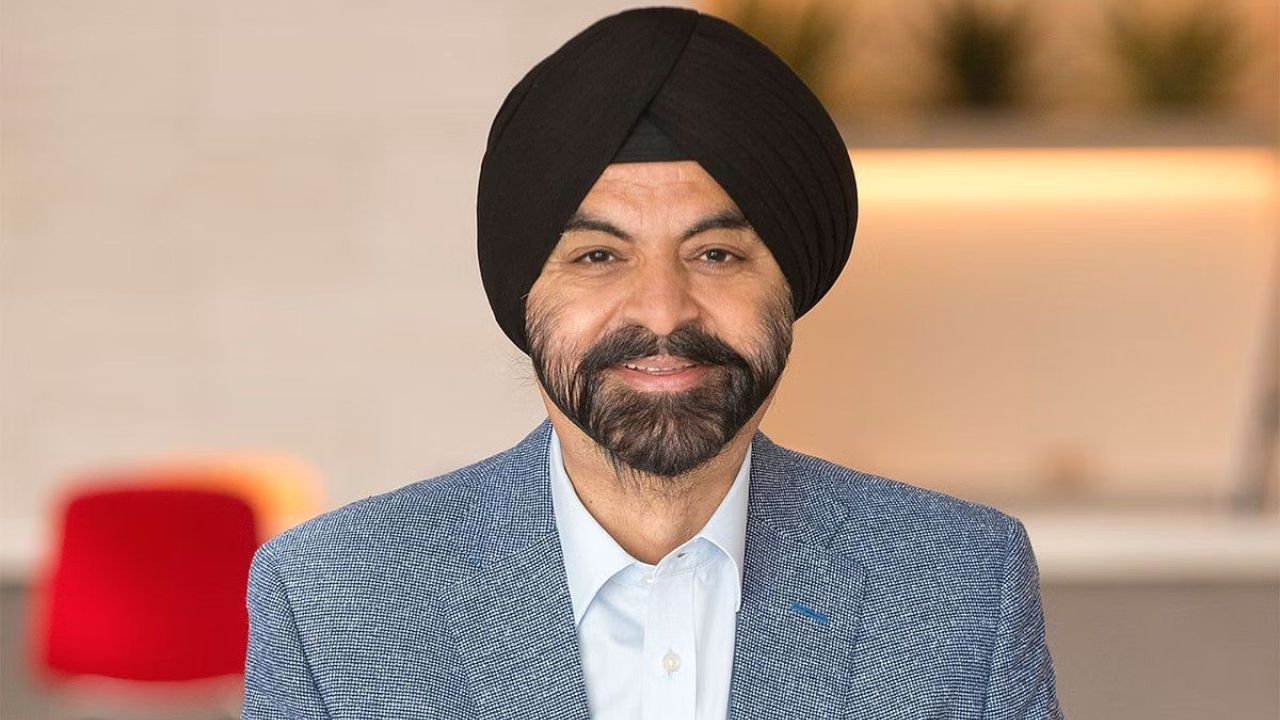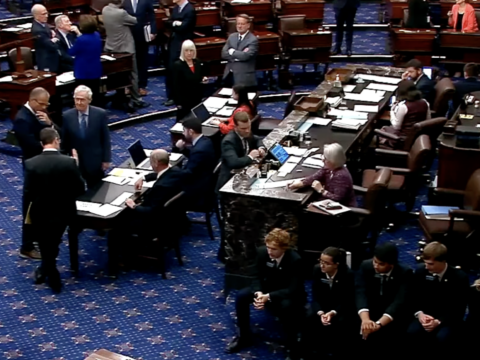NEW YORK (Diya TV) — Ajay Banga, the former CEO of Mastercard, who assumed the presidency of the World Bank, inherited a monumental task of steering global efforts in climate finance and pandemic preparedness. As developing nations grapple with the repercussions of the climate crisis, post-COVID-19 recovery, and ongoing conflicts, Banga faces the challenge of aligning 187 countries behind a common vision for eradicating poverty.
In a recent opinion piece, Banga outlined his vision for the World Bank: “to create a world free of poverty on a liveable planet.” However, the ambitious mission comes with a hefty price tag, necessitating not only increased support from the World Bank but also substantial private sector investments, according to international development experts. The transition to clean energy alone requires trillions of dollars in financing.
While Banga’s tenure at the World Bank is still in its early stages, experts such as Vasuki Shastry applaud his energizing impact on the institution. Nevertheless, Banga faces pressing questions about the bank’s business model, with the urgency to address whether it will primarily focus on global climate concerns or developmental issues.
Clemence Landers, a senior policy fellow at the Centre for Global Development, suggests that the spotlight on World Bank reform could be a “poisoned chalice” for Banga due to astronomical expectations. The global challenges of climate change, pandemics, and poverty demand a delicate balance, and Banga’s ability to navigate these complexities will be closely observed.
Banga’s extensive career trajectory, which includes leadership roles at Nestlé, PepsiCo, Citigroup, and Mastercard, showcases his global perspective and management acumen. With a strong emphasis on financial inclusion, Banga has consistently advocated for diverse and inclusive leadership, a perspective he plans to bring to the World Bank.
His inclusive approach is not merely rhetoric, as evidenced by his announcement of a global tour to develop a new playbook for the World Bank. Banga aims to deepen the bank’s understanding of the regions it serves, foster strategic partnerships, and identify opportunities for increased private sector investment.
However, Banga’s focus on climate change marks a departure from his predecessor, David Malpass, signaling a commitment to addressing the intertwined challenges of poverty, pandemics, and climate breakdown. Banga’s emphasis on integrating climate and development efforts aligns with the evolving landscape of economic development amid climate change.
As Banga navigates the complex terrain of global development, he faces the dual challenge of transforming the World Bank’s business model and garnering consensus among diverse nations. His optimism and innovative approach may prove instrumental, but Landers warns that the transformation will be no simple task. The international community eagerly anticipates his strategic vision for climate finance and global development. The coming years will be a litmus test for his ability to steer the institution toward a future that addresses the urgent challenges facing the world’s most vulnerable populations.




